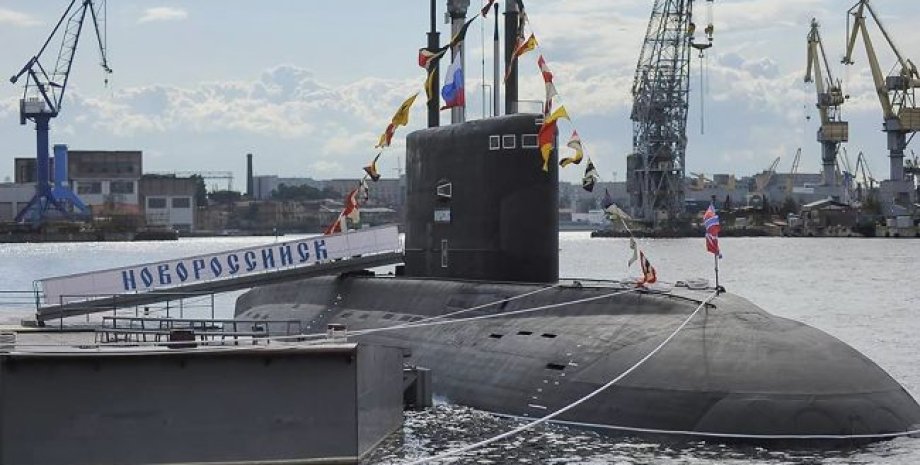
 By Natali Moss
By Natali Moss
The waters where many submarines are hidden quickly warming because people pump greenhouse gases and the oceans absorb excess heat that is delayed in the atmosphere. This can make large areas of the oceans imperfect for submarine hunters. "In the majority of the areas we researched, we have observed a decrease in the range of detection," said the researcher who studies military technologies, Mauro Jillie.
Thus, in the North Atlantic, where Russian submarines oppose NATO forces, the distances at which they can be heard will be significantly reduced. In the Gulf of Biscay, off the coast of France and Spain, it can happen almost half. Similar dynamics are observed in the western Pacific, where Chinese and American submarines operate and where the detection range can be reduced by 20 percent.
"The scientific basis of this phenomenon is well known since the Second World War, when scientists have found that a sound that spreads faster in warm water tends to bend towards colder layers, where it moves more slowly," the material reads. This means that as the surface of the water is heated due to climate change, the sound will start to move sharper to the colder layers of water.
This will complicate the operators of waterlockers who look for submarines at a distance, the ability to hear the noises generated by their goals. According to Dr. Jillie, this effect can have important strategic consequences.
According to him, countries such as Russia and China can take advantage of these environmental shifts to accommodate submarines in those parts of the ocean where changes are more pronounced, for example, in the North Atlantic, since other methods of detection of submarines are effective only at short distances. "If it is even more difficult to detect them, then as a result, everything will be complicated for the naval forces that are in defense," Jillie stressed.
The authors of the material emphasized that it could have consequences for the world nuclear restraint, because the US, Russia, China and other nuclear powers are building their defense on the fact that submarines with ballistic missiles are difficult to find and destroy. "If climate change is even more facilitated by their hiding, then the threat they pose, and therefore their value to restrain, can be perceived as more reliable," the article reads.
At the same time, some experts warn against exaggeration of the effects caused by climate change. A freelance researcher at the Brukings Institute, Tom Stephanik, notes that submarine operators should take into account so many other environmental factors: from the noise of ships to the crackling Arctic ice floe, which is concentrated only on climate change when drawing up strategic forecasts.
"The level of variability is so high that the long -term trend they talk about will be washed away," Stephanik explained. The most important conclusion of the study can be simply a confirmation that the underwater fleet will be forced to fight more uncertainty in the future, since climatic changes are accelerated. We will remind, on June 1, The Telegraph published a material stating that the United Kingdom will build a navy of atomic shock submarines to confront the Russian aggression.










All rights reserved IN-Ukraine.info - 2022